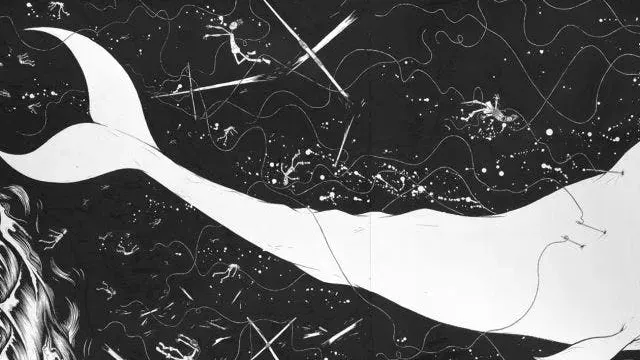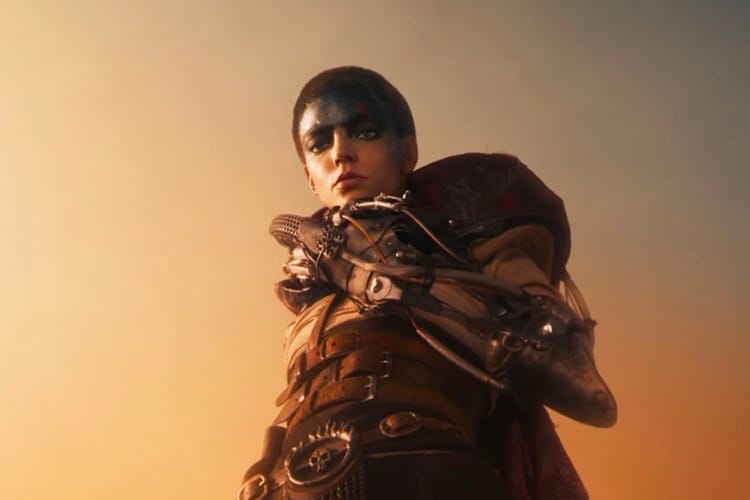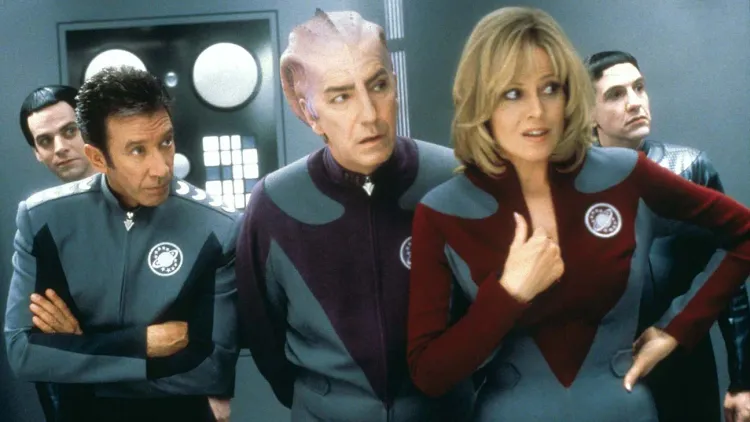Moby-Dick: Every part of the whale (repost)

(I am taking several weeks off from the Monday newsletter. The Wednesday and Friday editions continue to run as normal for paying subscribers. Please enjoy this repeat from January 2019. )
In 2018, the best book I read was Moby-Dick, by Herman Melville. This is likely not a statement that will surprise you, but I was surprised by how true it was. I expected the book to be great. I didn't quite expect it to be so great that reading it felt a little like being swallowed by it. I didn't stop each night so much as come up for air, and I often had long stretches where I didn't touch it, because I needed to escape its gravity.
I had first read the book as an eighth grader, the kind of punk-ass kid who liked showing off a kind of raw intelligence that wasn't yet wedded to anything like understanding, or any part of me that realized knowing a thing and understanding it were different at all. I read the adventure parts of the novel quite closely and skimmed the other sections of the novel, the infamous "whale facts" chapters that will plop in every so often to take up dozens of pages with the 19th century equivalent of a Wikipedia page on whales.

This is understandable, of course. Even if you can appreciate how Melville deploys the whale facts chapters on a structural level (he uses them in a rough braid, with the other two strands of that braid being the development of life on board the Pequod and the men's adventures at sea, and the deeper you get into the novel, the more the adventures at sea come to dominate), you probably find yourself skimming at least some of that material, especially since the science around whales is mostly different. (Melville refers to them as fish a few times, for instance.)
But in 2018, some part of me savored the whale facts chapters. I mean, yes, I skimmed every so often. But when you know what happens at the end of Moby-Dick (and, uh, I hope most people do), all those whale facts become a kind of post-traumatic stress disorder coping mechanism. This is the story of a man who is going to lose everything he has thanks to a strange, terrifying ghost of a whale. It's told by a man who already has lost everything and is trying to understand what happened. And every page of the novel delivers him closer to his inevitable end.
You'd reprint a Wikipedia entry about whales too.
There's been lots of discussion over the years about who Ishmael is, exactly. The only word we have that his name is Ishmael is... that he tells us to call him Ishmael, and there are plenty of places in the book where Melville complicates exactly who his narrator is supposed to be, like when Ishmael just starts telling stories he couldn't possibly know about, or conveys conversations he couldn't have been privy to, or explains what's going on in some other character's head.
Now, obviously, this could be because Ishmael, as the only survivor of this shipwreck, considers himself a sort of speaker for the dead. And it could reflect a scenario where Ishmael is just making all of this up. But I don't really know that these sorts of literary games are all that useful. They amount to, in essence, trying to figure out who the final five Cylons were on Battlestar Galactica — parsing paltry clues to find an answer to a question the author didn't really intend as a question to begin with. (On BSG, however, the authors could eventually fill those answers in. I dunno that we'll have Melville around to ask anything.) No, Ishmael, whoever he is, has lost something. And he's trying to resurrect it.
There's a chapter in the middle of the book — indeed, almost the dead center — called "The Battering Ram," and in it, Ishmael just talks about how effective a sperm whale's head is as a battering ram, how it could tear apart a ship with one strike. And when you read it knowing the end, the whale facts chapters take on a whole new color. They're not just an attempt to share a lot of facts about whales with the audience; they're also Ishmael himself trying to dissect the thing that killed all of his friends, to find a way to, against all odds, reverse the horror that befell him, to stop being another orphan of the sea and drag the Pequod from the deep.
There are just a couple of places where Ishmael slips and admits to what's coming, where he talks about how his voyage was doomed or something like that. And he pays attention to the dread portents of, say, a man ranting and raving in the shipyard in Nantucket, something he might not have done had the Pequod returned safe and sound. But because it didn't, here he is, searching for an answer to the immensity of what happened to him and the terrible randomness of his existence.
There was a night several years ago, shortly after I'd joined Vox, when my wife and I flew back to South Dakota for a family reunion. On the drive from the airport to the cabin we had rented, suddenly, out of nowhere, we saw a car headed the wrong way on the interstate, directly for us. My wife got out of its way, but it was going over 100 miles per hour. Had it hit us, one or both of us would surely have been killed. What signs had we ignored? What battering ram is still coming for us, out there in the night? Had I lived, would I have tried to understand what had happened, only to realize I couldn't? The battering ram is coming for each and every one of us sooner or later. You keep turning pages, and then the novel ends.
Episodes is published three times per week. Mondays feature my thoughts on assorted topics. Wednesdays offer pop culture thoughts from freelance writers. Fridays are TV recaps written by myself. The Wednesday and Friday editions are only available to subscribers. Suggest topics for future installments via email or on Twitter. Read more of my work at Vox.





Member discussion